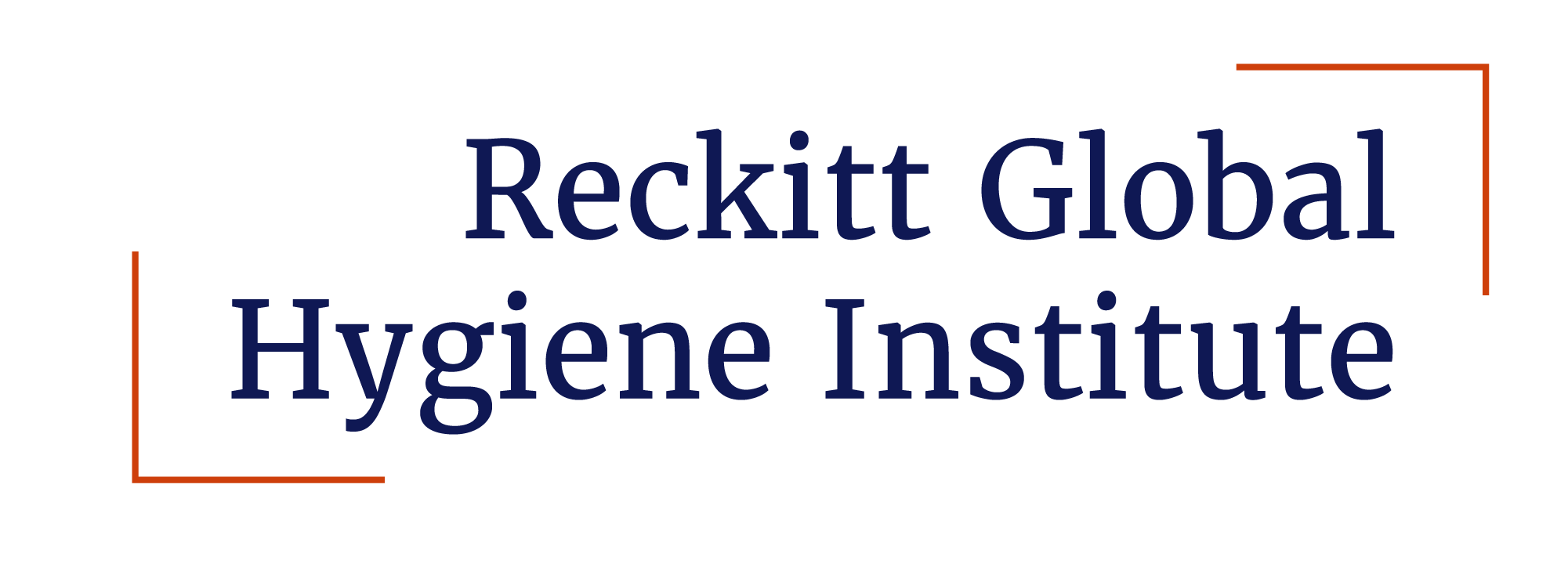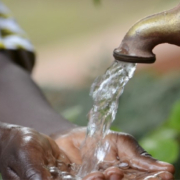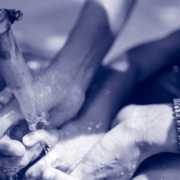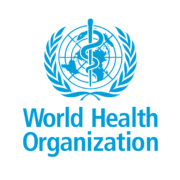Healthcare professionals aren’t equipped to practise good hand hygiene, experts say on World Hand Hygiene Day

World Hand Hygiene Day on May 5th aims to empower actors in health care to accelerate action to improve hand hygiene, but there are big barriers in the way
“Clean your hands, it’ll save lives;” that’s the message the World Health Organization is sharing this World Hand Hygiene Day, but hygiene experts say that remains difficult for millions of healthcare workers who operate in environments that don’t have clean water and soap. Unless WHO member states step up and provide them with the resources they need, poor hand hygiene and unnecessary deaths will remain commonplace, said Dave Wheeler from the Reckitt Global Hygiene Institute.
“On World Hand Hygiene Day, we at the Reckitt Global Hygiene institute fully endorse the WHO’s message of just how impactful the simple act of handwashing can be. But we also want WHO member states to recognise that for many communities of health care practitioners there is a lot that stands in the way of hand hygiene and steps must be taken to dismantle those barriers so that handwashing can become a universal practice in the health care setting,” Dave said.
As it stands, 1 in 4 health care centres around the world don’t have hand-washing facilities, and in the lowest-income countries, almost half have no clean water. This means around 2 billion people experience health care but in places where they and the health care workers can’t access clean water. 1.5 billion people visit health care facilities with no sanitation services at all.
This contributes to the spread of disease, the prevalence of hospital-acquired infections (HAIs) and the overall occurrence of antimicrobial resistance (AMR), which is when bacteria, viruses, fungi and parasites stop responding to medicines.
The fact that there could possibly be health facilities that exist today without clean water and soap is astounding. That means doctors and nurses, surgeons and midwives, are forced into delivering care with potentially dirty hands. The health ramifications of this are immense and completely avoidable.
Research shows that out of every 100 patients in acute-care hospitals, seven in high-income countries and 15 in low- and middle-income countries will acquire a health care-associated infection with one in every 10 patients dying. Good hand hygiene, according to the WHO, can contribute to reducing infections by 70%.
The WHO is calling for countries to accelerate implementation of lessons from the COVID-19 pandemic and increase investments to close gaps in infection prevention and control (IPC), including hand hygiene. The2023 World Hand Hygiene Day theme is “accelerate action to prevent infections and antimicrobial resistance in health care and build a culture of safety and quality in which hand hygiene improvement is given high priority.”
“While we know the hygiene sector has a general lack of data, of that which does exist it is clear that keeping hands clean is crucial to preventing illness and infection. What is not clear is why more isn’t being done to ensure everyone everywhere has what they need to maintain hygiene standards,” said Dave Wheeler, RGHI. “We’re calling on governments to find out what facilities are missing resources, to urgently fix that and to work with health care professionals to ensure they understand how often and for how long handwashing needs to take place.”
According to the Global Handwashing Partnership and the Hand Hygiene for All Initiative (HH4A) – which is led by UNICEF and the World Health Organization and aims to enable a culture of hygiene globally – various governments have made commitments to strengthen hand hygiene policies and programs. These must be increased and scaled up. Successful programs must be learned from while efforts should be made into investing in better facilities as well as campaigns that will ensure communities both within the health care setting and outside of it are aware of just how important hand hygiene is.
To contribute, RGHI is supporting a variety of researchers around the world in studies that investigate more thoroughly how hygiene pertains to health and how various measures might be implemented by decision-makers to make for healthier communities around the world.
“We’re in this fight for the long haul and want others to join us in ensuring that no one is forced to seek and receive care in a facility where hand hygiene isn’t imperative to care,” said Dave Wheeler. “This is one way we know how to save lives; let’s ensure that those whose job it is to care for people have what they need to keep their patients as healthy as possible.”
# # #
About World Hand Hygiene Day
May 5th marks the World Health Organization’s annual World Hand Hygiene Day, which aims to mobilise people around the world to increase adherence to hand hygiene in health care facilities.









